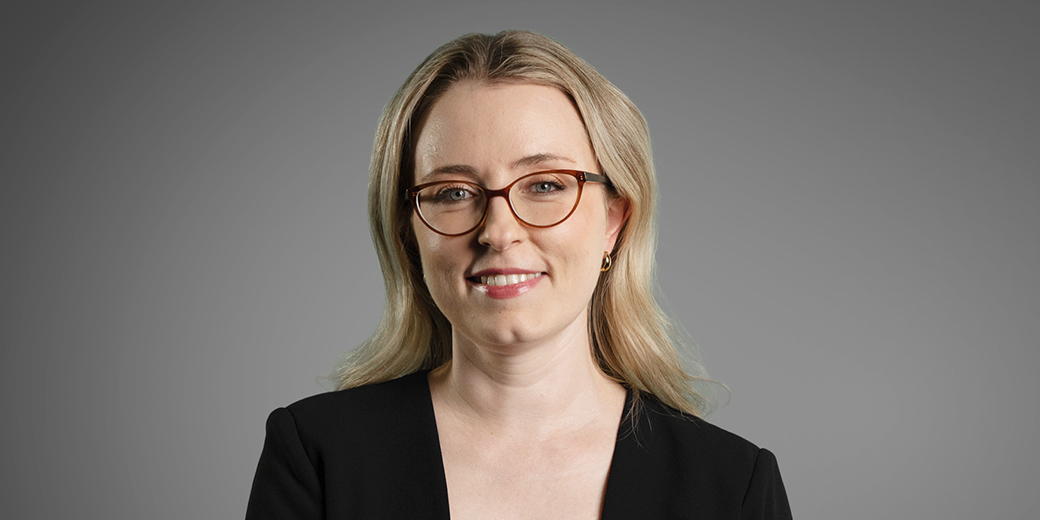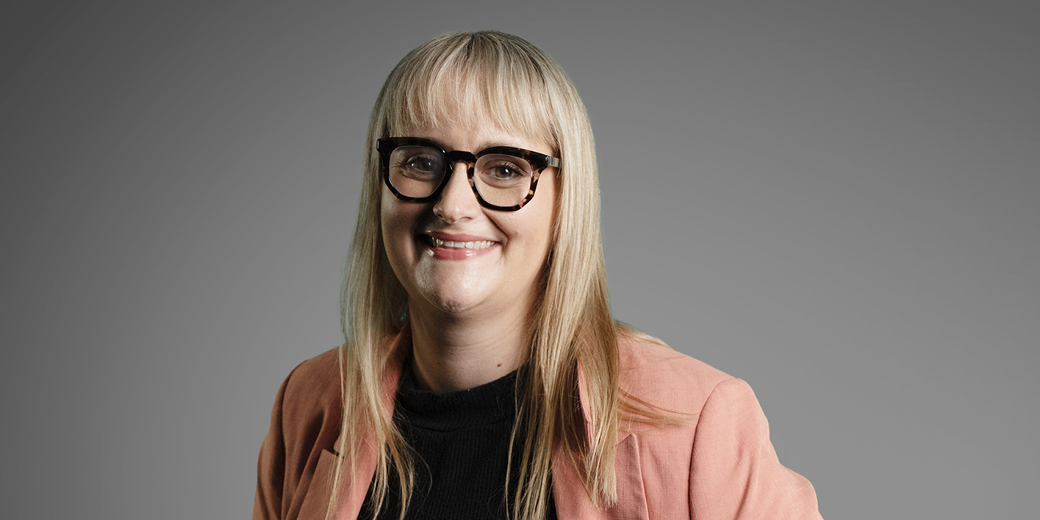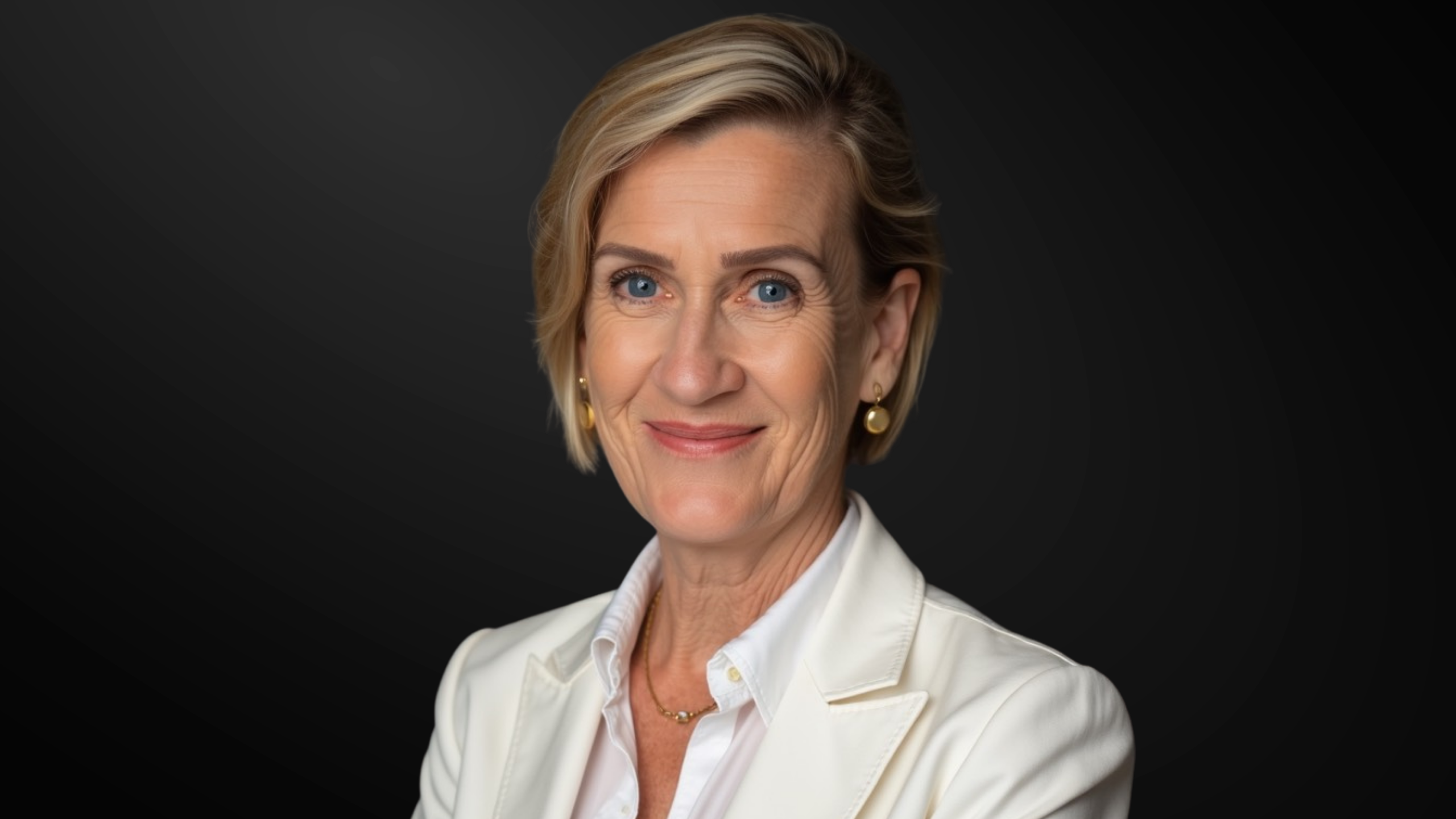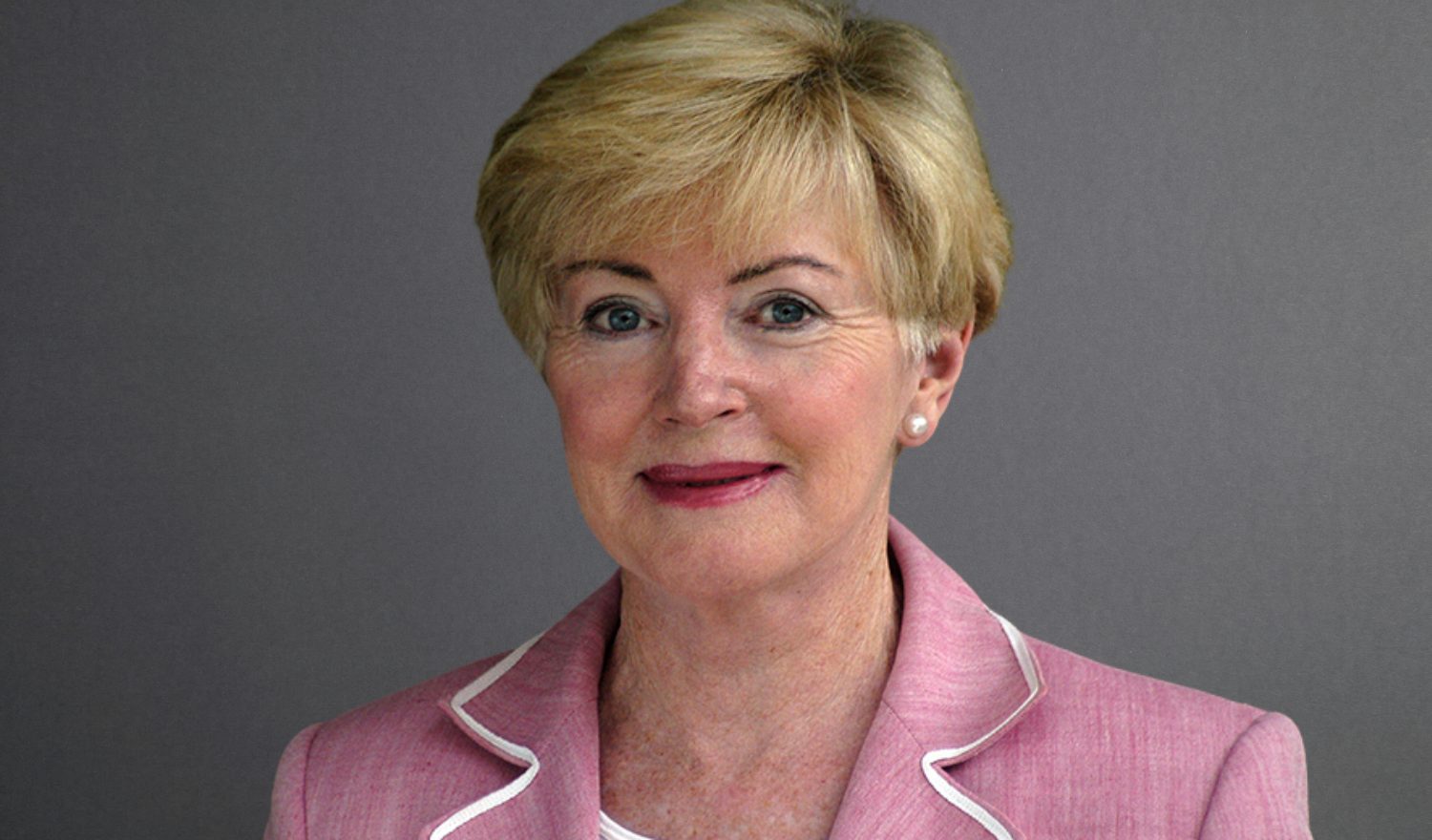Carmel Morrison last set foot in university in 1985. It was with some trepidation that she returned to higher degree study, commencing her College of Law LLM (Applied Law) in Family Law.
Two years later, through what has, at times, been an emotional and trying experience, Carmel has received the Sandra Paul Memorial Award for Best Graduating Student in Family Law. In addition, she has completed the highly competitive Specialist Accreditation process, also in family law, and has landed her dream role as Senior Associate at MST Lawyers.
We spoke to Carmel about her experience going back to study after 30+ years and advice she has for lawyers looking to practise in Family Law.
Congratulations again on being recognised as a best graduating student. What was your favourite part of postgraduate study? Do you have a lecturer you want to shout out?
Thank you so much. It was a wonderful surprise and honour to receive the Sandra Paul Memorial Award (sponsored by Paul & Paul Lawyers) and to cap off what has been at times, an emotional and stressful two years of study. For me, this included successfully sitting the Specialist Accreditation this year. I had not studied since leaving University in 1985 so I started this course with some trepidation. However, I soon found my groove and my willingness to do my very best.
I liked every aspect of studying The College of Law LLM (Applied Law). My favourite part was the overall consolidation of my knowledge, and more specifically, being able to apply my learning and knowledge to the various assignments and activities. It was an excellent way to apply the learning. I found it all very beneficial and enjoyable.
I’d like to thank my lecturer Selina Nikoloudakis who has become a mentor and friend to me, despite our vast age difference and living in different states. She kept me inspired throughout the course and was always available to me. The College has so many wonderful lecturers who make themselves available to their students, many of whom are also working in this profession whilst lecturing. I’d also like to thank Susan Hamilton-Green who was my lecturer in the Capstone Project subject. I found one module in that subject particularly thought provoking and it extended me to the point that I discovered something good about myself.
What was your first job in law? What led you to your current role?
Back in 1987, traineeships were known by that wonderful description of “Articles of Clerkship”. I was fortunate enough to be accepted to do my Articles with Herbert Geer & Rundle. I had refused to study Family Law at university, naively thinking that I did not want to be “pigeonholed” into working in Family Law just because I was a woman. I was so wrong! Funnily enough, I was assigned to the partner who handled the firm’s family law cases but never actually got to work on one of those files.
It was not until my first-year post admission position at John Keating and Associates that I was exposed to Family Law. What followed was an ever-increasing Family Law case load. As the years wore on, I found myself inextricably drawn to this area of law. I think my personality suits this work and enables me to show empathy to my clients, to build a rapport and trust with them.
Where do you work now, and what is the most rewarding aspect of your role?
For about 10 years, I worked in general practice. It’s an experience for which I am very grateful, as it exposed me to various other areas such as litigation, leasing, estates and property. This exposure has helped me immeasurably when assisting family law clients.
Up until 2020, my experience had mostly been in suburban practices or smaller city-based firms. As my mother’s health declined in 2019, I sought something closer to home and was so happy to join MST Lawyers as a Senior Associate with their wonderful Family Law team.
The role allows me to mentor younger lawyers, something which I am passionate about. I believe that older lawyers have a duty to pass on their knowledge and experience to the younger generation of lawyers. I find mentoring and my work in family law so rewarding, particularly as I assist clients to navigate an emotional and stressful time. It’s good to help them set up their futures so they can manage the times ahead.
How have your studies helped with what you do at work? Has it helped progress your career?
I am confident that my studies along with my passion to improve myself helped progress my career and gave me the confidence to attempt my Specialisation this year. I’ve no doubt my LLM studies are what helped land my dream role with MST Lawyers. The Masters program consolidated my knowledge of family law, and brought with it a deeper understanding of the principles and workings of Australian Family Law. It has made me a better lawyer.
Since being admitted in 1987, the Family Law Act has undergone many changes. During my LLM, I realised how much I knew already but also, how much I didn’t know. I feel much more confident now, both in my knowledge and how I advise my clients and the direction in which I take their cases.
What advice would you have for lawyers looking to move into family law?
I think Family Law can be a difficult area of law, not suited to all personalities. One needs to be empathetic. This can mean having some life experience, or at least being able to see your client’s perspective. It is not enough to be clinical.
Family law is not “airy fairy” as I have heard it often described by commercial lawyers. If you are interested in pursuing a career in family law, my advice would be that it is wise to seek experience with a firm that has a dedicated family law section or team. It is important to be mentored as you learn. I was not fortunate enough to have any in-house mentors for over 3 decades until I came to MST Lawyers. I now have two wonderful women who are always available to me, Ms Denise Foster (Special Counsel) and Ms Joanne Dexter (Senior Associate). Both are experienced Accredited Specialists in their own right. I have been fortunate however, to be mentored along the way by some wonderful members of Counsel, particularly Ms Bronia Tulloch and Mr Patrick Indovino and I wish to extend my gratitude to them.
Above all, be engaged. Be interested in your clients. Treat them as human beings, not just a way to generate fees. They are people who sometimes need an ear, not just advice.
Sponsor of the award, Paul & Paul Lawyers, congratulated Carmel on her achievement
“Paul & Paul Lawyers are proud to continue supporting the College’s Masters of Applied Family Law Program through this prize recognising outstanding achievement in this discipline reflective of what the late Sandra Paul stood for during her lengthy and successful career in Family Law.”

































![How to handle Direct Speech after Gan v Xie [2023] NSWCA 163](https://images4.cmp.optimizely.com/assets/Lawyer+Up+direct+speech+in+drafting+NSW+legislation+OCT232.jpg/Zz1hNDU4YzQyMjQzNzkxMWVmYjFlNGY2ODk3ZWMxNzE0Mw==)

















































